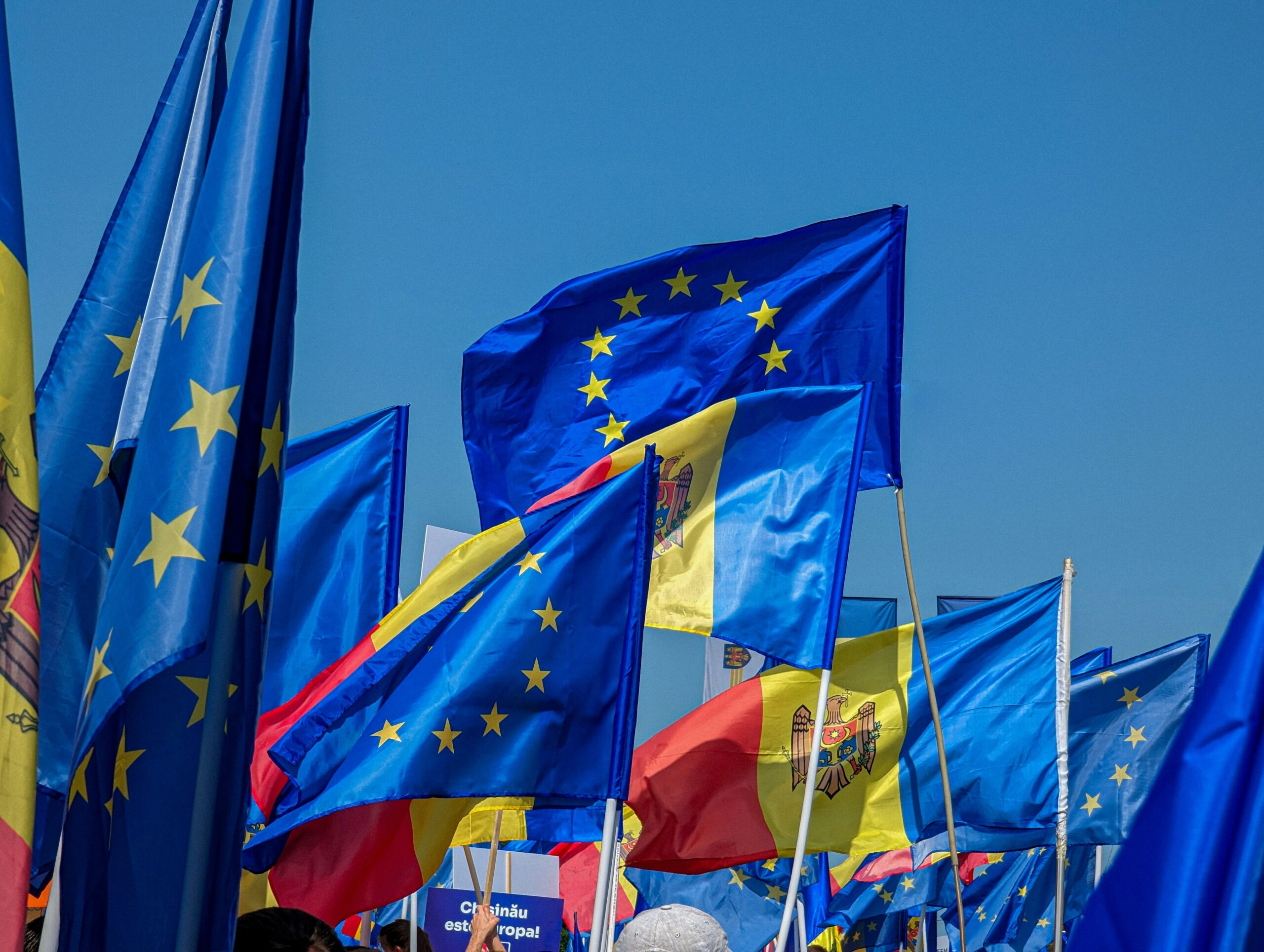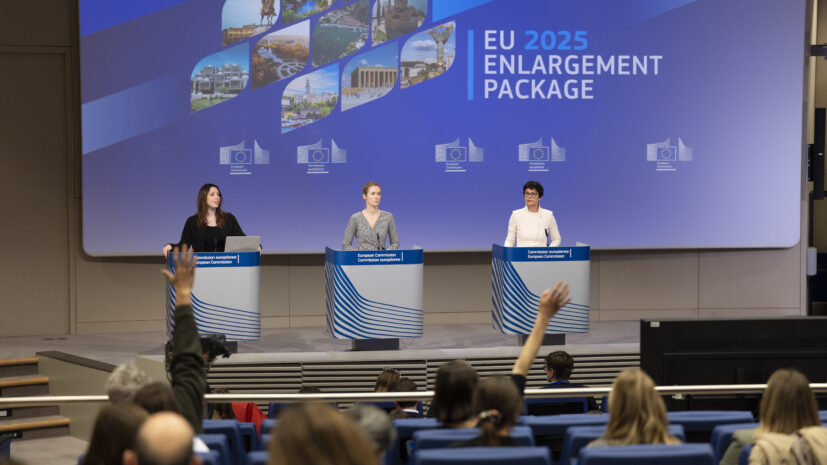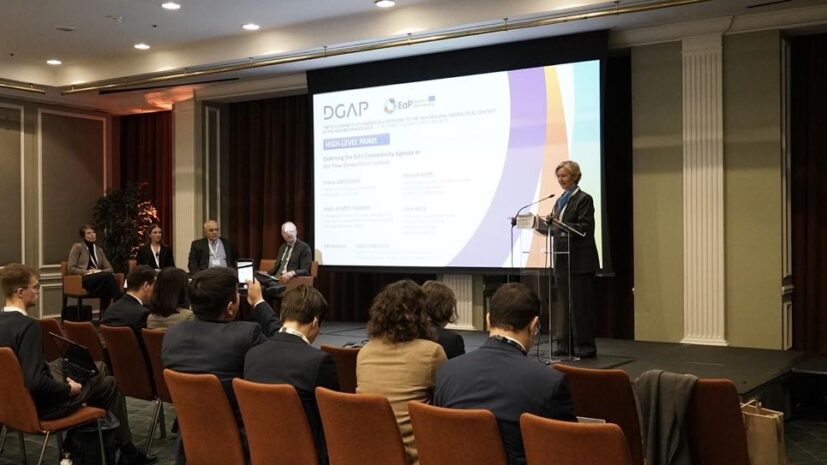
Moldovan Elections: PAS Wins
WHAT IS IT ABOUT: The Sunday, 28 September elections in Moldova resulted in a clear defeat for pro-Russian parties and secured another mandate for the PAS party. With 50.2% of the vote and an estimated 55 out of 101 seats in Parliament, PAS holds a majority. This election was crucial for Moldova, and many did not expect such strong support for PAS to materialize. The results show that Moldovans voted in favor of democratic consolidation and reforms, despite domestic grievances and high levels of Russian interference. With PAS in government for another four years, Moldova has the chance to strengthen its institutions, further distancing itself from Russia.
WHAT'S AT STAKE: The stakes could not have been higher. The elections determined whether Moldova would consolidate its EU trajectory and break away from Russian influence, or slide back under Moscow’s control. For Russia, the elections were critical: it is one of the last chances to keeping Moldova in its orbit and blocking EU integration, weakening Moldova is also important for Russian goals in Ukraine.
For the EU, these elections were both a test of credibility as a regional actor and a measure of its ability to anchor Moldova’s democratic transformation. While Russia will likely persist in undermining Moldova’s institutions, the election outcome demonstrates that the country can withstand such pressure and continue reforms. The burden now lies on PAS to deliver on its promises and for the EU to be a credible actor in terms of the EU accession.
WHAT HAPPENS NEXT: Moldova still faces major challenges. Low wages, and persistent economic hardship continue to erode public trust. Going forward, PAS will need to prove it can govern effectively, deliver reforms, and mobilize popular support for EU integration.
At the same time, the government must address why significant segments of the population still support pro-Russian parties, even as Moscow wages war against neighboring Ukraine. Renewed engagement with Gagauzia and northern regions will be essential, alongside a more coherent vision for national reintegration.
The EU, as Moldova’s key partner, should back this effort. Moldova’s political divisions are deeply rooted in economic insecurity, issues of social inclusion, and competing narratives about what the EU represents. Addressing these underlying concerns will be central to ensuring Moldova’s long-term stability and European future.
--
You can read Anastasia Pociumban’s article Moldova’s High Stakes Elections.



